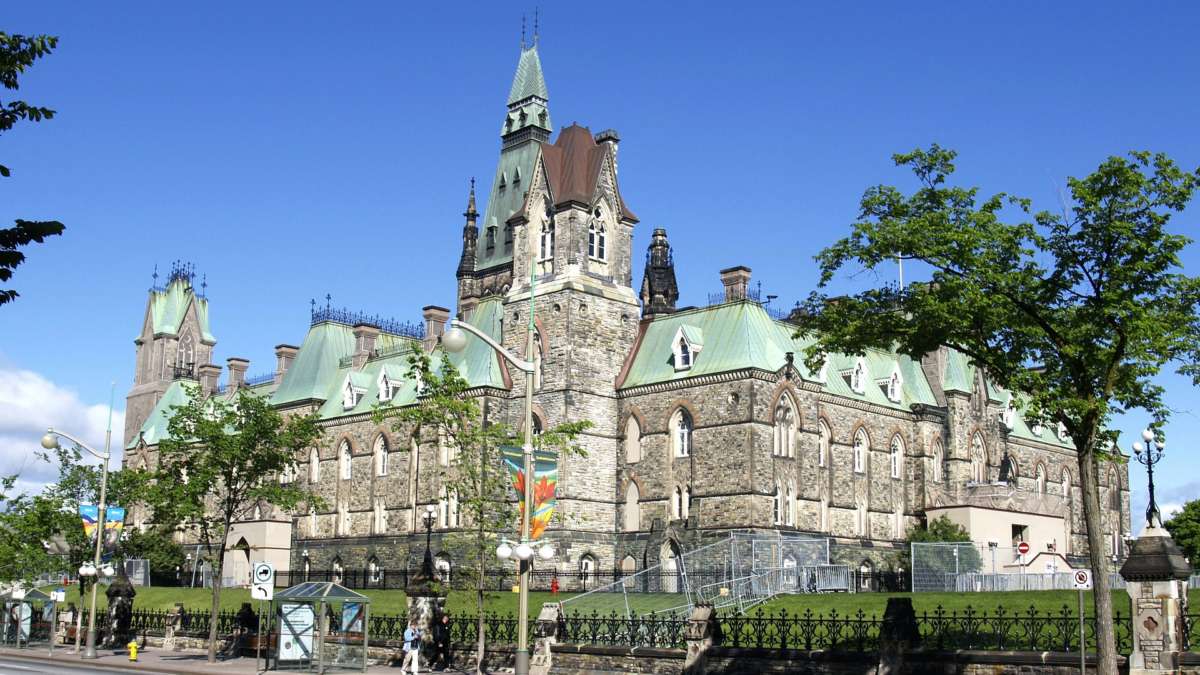
The Top 5 Reasons to Study in Canada
2019-10-21
High Rejection Rates for Study Permit Applicantions
2019-11-19On October 21st, the Liberal Party’s gained a minority victory in the Canadian federal election. As a result, we can expect Canada’s immigration system to be relatively solid– as long as the confidence of Parliament is relatively maintained.
The Liberal Party has to rely on the support of another party to pass legislation to Parliament. This will require a significant amount of deliberation and bargaining. However, the immigration policy will likely not be a major issue between the Liberal Party and whichever party lends their support, as many of the parties in Parliament have similar sentiments on the issue.
So, what does a maintained and stable immigration policy mean for the future of Canada? There are a few potential impacts to consider.
Increased Settlement Funding
Both Conservatives and Liberals in power have seen pretty significant increases to federal settlement funding in the past couple of decades. Liberals will be reestablishing and continuing this policy during the first office term.
Federal settlements fund services that focus on integration, both economically and socially. As it stands, around $1.5 billion is currently the cap, but it will be further increased as the Liberal Party continues to expand immigration.
Fluctuations in Citizenship Applications
Canada can expect to see a dip in citizenship applications before a significant surge. Liberals have decided to waive citizenship costs of specific permanent residents. This means that Canada’s high rate of accepted citizenship applications is likely to increase significantly in the coming months.
Currently, an adult must pay a $530 fee in addition to a $100 citizenship fee in order to submit their application for citizenship. Because it is so costly to apply, we can expect applicants to wait until the Liberal Party officially passes legislation that puts the cost change into place. After that, it is expected that new citizenship will increase by around 40%. The party itself has set aside approximately $110,000,000 for the increase in applications for 2023 through 2024. This will be a nearly 40% increase from what was expected to be spent in order to put the policy in place, which was originally around $75,000,000.
The Municipal Nominee Program
Multiple economic class immigration pilot programs were set in place during the Liberals’ first term, the most interesting being the Atlantic Immigration Pilot or AIP. This program, according to the party, would be made permanent if it was possible to get an additional mandate.
Now everyone is looking at the Municipal Nominee Program or MNP, which the party established and ensured would help small Canadian towns and cities bring in more immigrant workforces. As it currently stands, we know very little about the MNP, and many Canadian citizens are listening in for more details. Small Canadian towns face issues with drawing in immigrants, so the new immigration pilot might be of some use.
The MNP policies will likely be based heavily on the Atlantic Immigration Pilot (AIP), meaning it will make it possible for employers in smaller Canadian cities to support immigration applications that could be beneficial to the town economy and workforce in the long run.
The major issue that many citizens have with this potential pilot program is not knowing how the Liberal Party would possibly distribute nearly 3,000 principal applicant spots all across a massive county with thirty-five different metropolitan areas and 118 census agglomerations. It seems too good to be true, and there is some concern that the Liberal Party will narrow the program’s eligibility. This could be done by making only small towns in British Columbia, Manitoba, Albert, Ontario, and Saskatchewan could see benefits from the program.
“Whether or not that population gets concentrated in large urban centers like Toronto is another question because, obviously, the economic impact will be more marginal,” Christina Clark-Kazak, a professor at the University of Ottawa’s social science department told Global News of the upcoming immigration flux. “In fact, many people feel like there is room for there to be increased immigration levels.”
For the next few months at least, it’ll be a simple waiting game.
Disclaimer : The content of this blog is not legal advice and and may not be accurate or complete. If you require legal advice, contact a licensed legal practitioner directly.



